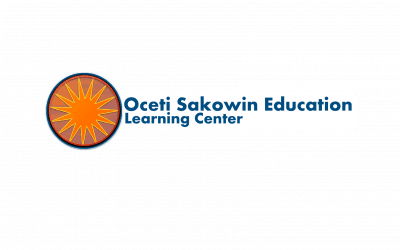Urgency
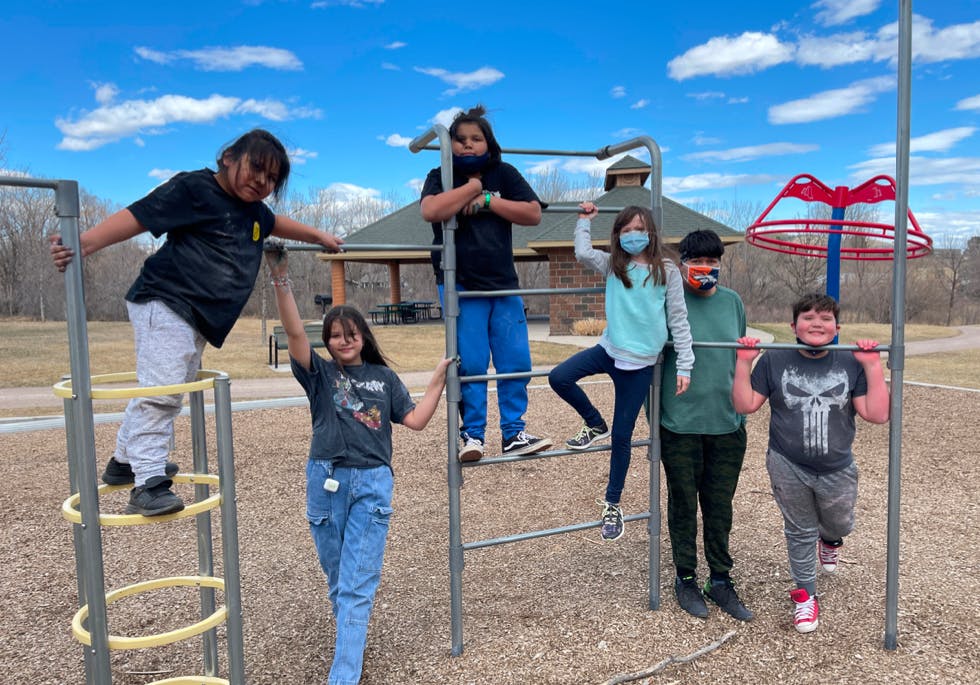
The beginning of oselc
What makes us special
OSELC affirms Indigenous history and culture by creating learning experiences grounded in Indigenous ways of knowing and being and giving students opportunities to engage in hands-on learning in the community grounded in storytelling. Our approach to learning is grounded in “relative-ships” that centralizes Indigenous culture. OSELC also promotes Indigenous-affirming education beyond its school walls. We offer professional and curriculum development to schools and districts to help educators embed culturally responsive practices and experiences into their contexts. We developed and utilize a framework that supports educators in four areas:
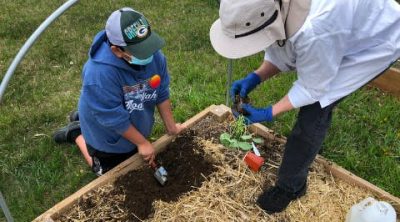
Indigenous Cultural Knowledge, Practices, and Resources
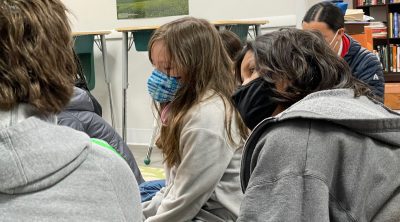
Cultural Equity and Capacity
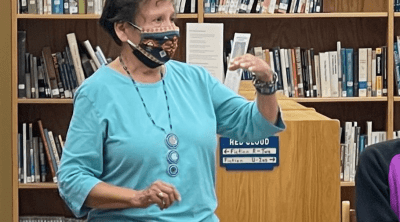
Indigenous Cultural Centralization in Curriculum, Instruction, and Assessment
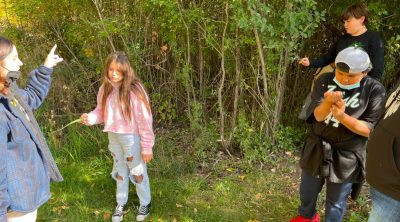
Educator Leadership
In many contexts, the term “relationships” has become an educational buzzword; overused, under-prioritized, and at times, inauthentic. “Relative-ship” is a call-back to traditional Indigenous kinship systems and invites school communities to embody being good relatives as an action, rather than a performative concept.
What makes us extraordinary
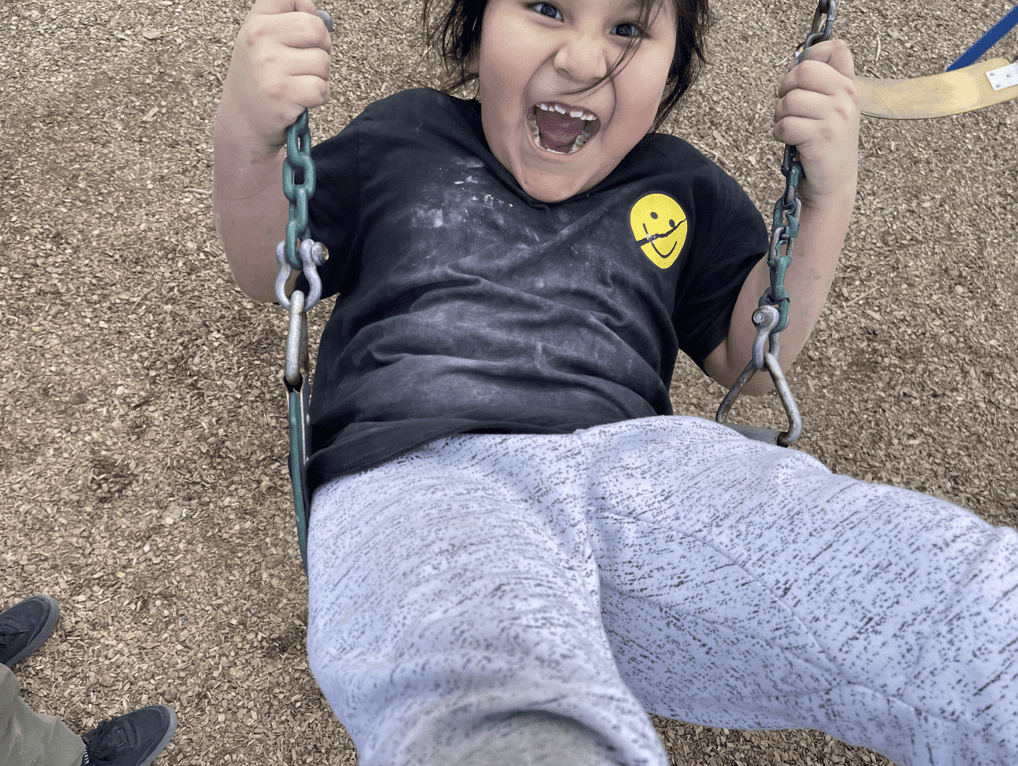
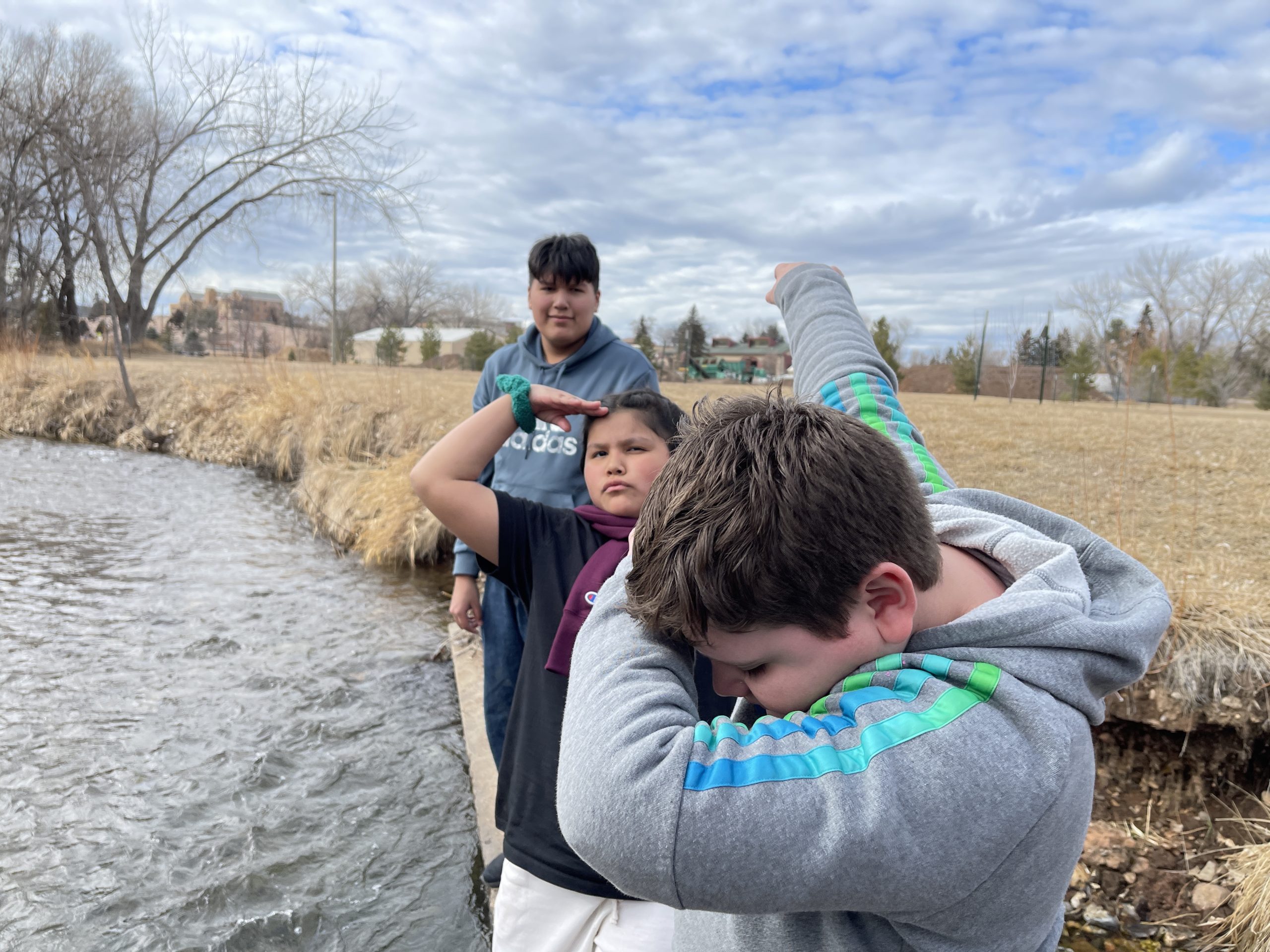
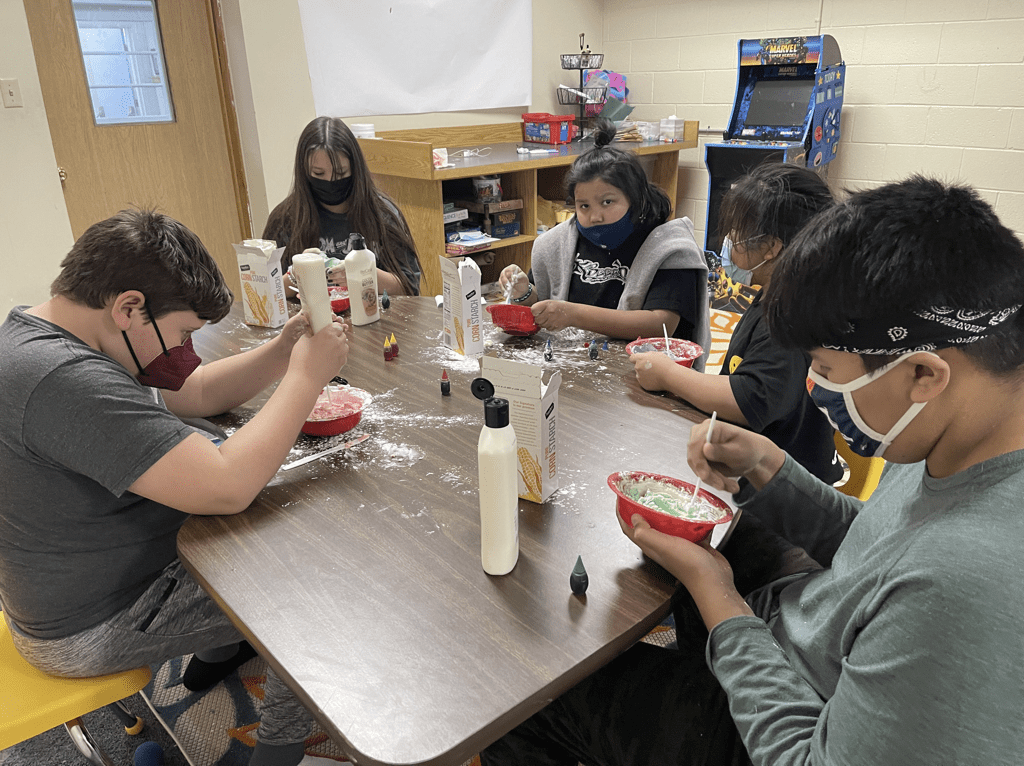
“There is a degree of flexibility and accommodation. How are we expected to have learners be able to be in a space where they can learn if their amygdala is overstimulated? Or if they are really tired or hungry? That component of being able to provide the vocabulary and the support. Get your needs met, have your needs met, that's a priority, and now we're ready.”
